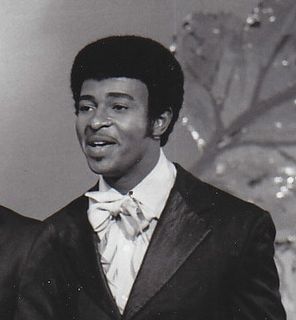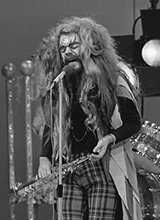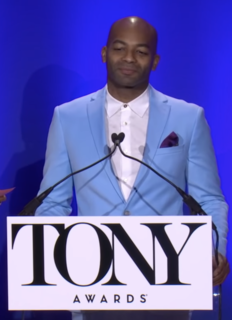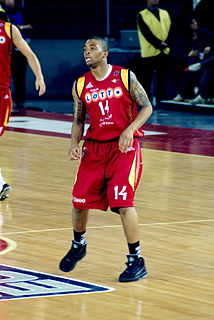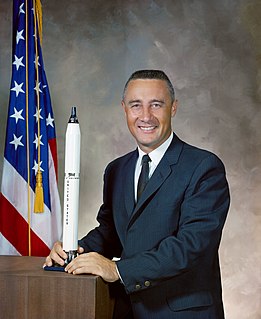A Quote by Dennis Edwards
There were a lot of great acts at Motown, and some of them were hard to get along with.
Related Quotes
I often call Daptone the Motown and Stax of today. But in some ways it's different. At Motown, a lot of the musicians didn't get recognized, music got stolen, and people didn't get paid. Or the label would just throw them a pinch of money for their songs. That is one thing we're not doing. Anything anyone writes here, we get a percentage.
We thought that the odds of things working OK were up in the upper 90 percent or we wouldn't have gone. But the - there were some problems cropped up on the flight but was able to take care of those OK and - although they were things that we hadn't really trained that much for. But it was the time of the Cold War and so there were was a lot of pressure on the - to get going and the Russians were claiming that they were - Soviets were claiming they were ahead of us in technology.
At the beginning of the 20th century, before the migration began, 90 percent of all African-Americans were living in the South. By the end of the Great Migration, nearly half of them were living outside the South in the great cities of the North and West. So when this migration began, you had a really small number of people who were living in the North and they were surviving as porters or domestics or preachers - some had risen to levels of professional jobs - but they were, in some ways, protected because they were so small.
When Superman was originally created, by Siegel and Shuster, they were two Jewish immigrants that were desperately trying to assimilate into America. They were having a hard time because they were Jewish. They wanted to get in to mainstream publishing but they couldn't. That's why they, and a lot of Jewish guys, went into comic books.
Later, when I was at Caesar's Palace, and [Joe and Gil Cates] were trying to get me to have opening acts for the show, they gave me a list of people, and Rosie O'Donnell was one of them. I said, "I don't really need any opening acts. I have funny stuff in the show, and I do a lot of comedy and stuff."
